Live Your Story | One Mountain Oral Essays | Dr. Marc Gafni
Live Your Story: The Categorical Imperative of Reality: Reality is an Outrageous, Evolutionary Love Story: Reality is a Unique Self Symphony of Stories, Rooted in a Shared Story of Value
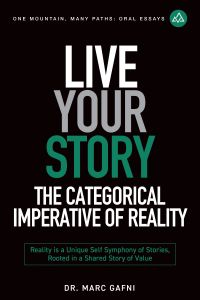
Published by World Philosophy and Religion Press in conjunction with Integral Wisdom Publishers.
Book details:
Title: Author: Dr. Marc Gafni
Series: Oral Essay Series – Volume 32
Publisher: World Philosophy and Religion Press in conjunction with Integral Wisdom Publishers.
ISBN-13: 979-8888340936
Formats: Paperback, e-book, audiobook.
Table of Contents
CHAPTER 1 TAKE RESPONSIBILITY FOR THE GOD VOICE: PERFORMING EVOLUTION AS YOUR UNIQUE STORY
- The Story Must Be One We Can All Access Directly
- The Democratization of Enlightenment
- We Cannot Rely on a First-Person Realizer, But First-Person Realization Is Part of the Story
- Stories Are the Ontology of Reality
- Prophesy Needs to Be Reclaimed
- Disambiguating the Voice of God
- Evolutionary Love Code: My Life Is a Story, and the Story Must Be Performed
- Performance Needs to Be Reclaimed
- I Perform in Order to Become Myself
- We Hold Pieces of Each Other’s Stories
CHAPTER 2 GOD IS REAL, GOD IS STORY
- The Unbearable Privilege of Radical Responsibility
- Let’s Be Warriors Together
- Evolutionary Love Code: The Universe Is Made Up Not of Atoms, But Stories
- Harry Potter and Star Wars: Two Stories at the Center of Culture About Transmission Between Generations
- Atoms Are Stories Too
- The Love Story of Reality: Openness and Telos, Intimacy and Autonomy
- Ten Dimensions of Story
- Why Is There Something Rather Than Nothing?
- Your Story and My Story Are Literally Chapter and Verse in the Universe: A Love Story
CHAPTER 3 THE DIGNITY OF HUMANITY: BEING THE SAVIORS OF GOD
- The Promise of the Fourth Big Bang
- Evolutionary Love Code: The Universe Is Not Merely a Fact; It’s a Story
- Past, Present, and Future: My Story Matters
- From Unconscious Story to Conscious Story: I Am the Universe: A Love Story in Person
- I Am the Storyteller and My Story Deserves to Be Told
- My Story Deserves to Be Performed
- I Am a Co-Author in the Story
- How I Write the Next Chapter in My Story Has Cosmic Significance
- I Become Fearless in Taking My Unique Risk
CHAPTER 4 OUR FIRST CONVERSATION ON THE CONVERSATIONAL COSMOS
- Life Is a Series of Conversations
- The Response to Transhumanism Is Homo amor, a Deeper Vision of Humanity
- Conversation Moves From Polarization to Paradox
- Conversation Is the Place Where I Come to My Edge
- Why Is There Something Rather Than Nothing?
- What’s Going On? Infinity Desires Intimacy
- The Infinite and the Intimate Are in Conversation With Each Other
- All Opposites Meet in Conversation
CHAPTER 5 LIVE YOUR STORY: THE FIRST COMMANDMENT OF COSMOS
- Story Is a Quality of the Real
- If Sally Was Ever Here, She Is Here Now—The Story Goes On
- Story Is the Paradoxical Face of Eternity
- The Evolution of Choice, Desire and Story
- Conscious Evolution: Live Your Story
- Playing With All You’ve Got
- The Storied Cosmos: The Personal Beyond the Impersonal
- De-Storying Reality Destroys Reality
- From the Place of Embracing My Story: What Is My Heroic Transformation?
- Be the Hero of Your Own Life
CHAPTER 6 OUR FRIEND YUVAL HARARI GOT IT SO WRONG & WHY IT MATTERS: INTRODUCTION
- The Unbearable Joy of Gravitas
- We Need a Critical Mass of People to Go From Homo sapiens to Homo amor
- Yuval Harari Is a Naïve Representation of the Zeitgeist
- The Level/Line Fallacy of Religion and Science
- Can You Tell Your Child That Loving Them Is a Fiction?
- Evolutionary Love Code: We Need a New Story of Value
CHAPTER 7 WHY YUVAL HARARI GOT IT SO WRONG, PART 2: THE ETERNAL TAO IS THE EVOLVING TAO
- The Great Question of Where Are We?
- Evidence From Attachment Theory: I Need to Feel at Home in the World
- The Academic Consensus of a Meaningless Reality Is Profoundly Wrong
- Reality Is Not Empty; Reality Is Filled With First Values and First Principles
- Ma: Human Spiritual Participation Illuminates the Cosmos
- The Eternal Tao Is the Evolving Tao
- Eternity Means the Ground of Value
- Human Beings Participate in the Field of Value
- Individuation Is Not Separation, But Uniqueness
- We Cannot Respond to the Meta-Crisis Without a New Story of Value
- Evolutionary Love Code: Clarification of Story and Value Are the Great Purpose, Passion and Joy of Life
CHAPTER 8 FROM GEORGE ORWELL TO B.F. SKINNER TO YUVAL HARARI: THE DECONSTRUCTION OF MEANING AND VALUE AS THE ROOT CAUSE OF THE META-CRISIS
- Yuval Harari Is Unique in That He Doesn’t Pull the Punch
- Postmodernity Ripped Off the Veneer of Value
- The Collapse of Value Is the Root Cause of the Meta-Crisis
- Direct Line From Nineteen Eighty-Four to Yuval Harari
- The Love Story Stands Against Totalitarian Fictitious Stories
- Doublethink: Repudiating Morality While Laying Claim to It
- Motivated by Responding to Existential Risk: Orwell and Skinner
- Are Major Cultural Stories Utterly Fictional?
- Harari: We Have a Capacity to Believe Things That Aren’t True—That’s Our Superpower
- There Are Shared Stories of Value Because Reality Is a Story
- Story as Superstructure Versus Story as Social Structure
CHAPTER 9 NO “NEXUS” WITHOUT SHARED VALUE: RESPONSE TO YUVAL HARARI
- Not All Stories Are Equal
- There Is a Shared Field of Value
- When We Don’t Have a Shared Story of Value, We Have Hell
- Intimacy Is Created by Shared Value
- Love Story Holds a True Story of Value and Challenges Totalitarianism
- When Power Dissociates From Love, It Becomes Anti-Value
- The Only Response to Anti-Value Is Outrageous Love
- Intimacy and Trust Are Inextricably Linked
CHAPTER 10 INTIMACY IS CONVERSATION: THE THIRTEEN BROKEN CONVERSATIONS WE NEED TO HEAL AND THE EVOLUTION OF CONVERSATION
- Evolutionary Love Code: There Is No Trust Without Conversation
- We Live in a Conversational Cosmos
- No Part Is Apart
- The Global Intimacy Disorder as the Breakdown of Conversation
- We Need to Be in Conversation
CHAPTER 11 MY FAIR LADY: THE REVOLUTIONARY RESPONSE TO TECHNO FEUDALIST UTOPIANISM IN ALL ITS DISTRESSING DISGUISES
- The Chatbot Is Simulating a Conversation
- Successful Simulation of Conversation: The Turing Test
- The Personhood Conferral Problem
- The Double-Edged Move of Transforming My Fair Lady Into a Love Story
- Evolutionary Love Code: the Revolution Is the Reclaiming of Story
CHAPTER 12 MY FAIR LADY: THE GOOD SOCIETY—PRODUCT OF THE PROGRAMMED, OR LOVED INTO EXISTENCE BY SHE? PART 2
- What Does It Mean to Be a Human Being? Structures of Self
- Trump Is a Sideshow—We Must Consider the Musk Challenge
- Effective Accelerationist Movement: The Brakes Have Been Taken Off
- One-Vector Ignorance: Organism as Algorithm
- TechnoFeudalism Just Won the Day, and It’s Very Easy to Miss
- Ovid’s Pygmalian: Rejection of the First Eve for the Second Eve
- “By Right, She Should Be Taken Out and Hung”
- Shaw’s Pygmalian: I Can Program You
- The Fight Between Eliza and Higgins Is the Start of a Real Conversation
- “I’ve Grown Accustomed to Your Face”
- Those Who Can’t Be Programmed: Kill Them
- Re-Enacting Pygmalian in My Fair Lady: Over Time, Pygmalian Becomes a Love Story
- The Personhood Conferral Problem
- The Common Thread: Undermining of the Love Story
CHAPTER 13 THE REVOLUTIONARY ACT IS THE LOVE STORY: LOVE IS NOT AN ALGORITHM
- Revolution Is a Rejection of the Status Quo
- The Magic of Reality Is Emergence
- Evolutionary Love Code: the Love Story Itself Is an Act of Rebellion
- Social Media’s Massive Destruction of Core Structures of Society
- Utopia Is Creepy
- Love Is Not Subject to an Algorithm
- Love and Value Are Real, and the Plotline of Cosmos Is the Evolution of ErosValue
- The Cosmos Is Alive With Billions of Love Stories
- The Love Story Is Being Undermined by Artificial Intelligence
- Artificial Intelligence Has No Sense of the Infinity of Value Invested in the Human Being
- The Love Story Stands Against Totalitarianism
- The Love Story Is Victorious Even If It Doesn’t Win in This Lifetime
- The Revolutionary Act Is Always a Love Story
- Artificial Intelligence Is Hijacking the Love Story Through Conferral of Personhood
- The Love Story Is the Revolution Because It Is Self-Validating
- In the Evolution of Value, Homo Amor Must Triumph
- The Love Story Is the Great Revolution of Humanity
CHAPTER 14 WHY MOVING BEYOND YOUR STORY IS NOT ENOUGH: TO BE FULLY ENLIGHTENED MEANS TO GET YOUR STORY STRAIGHT
- Evolutionary Love Code: The Ultimate Categorical Imperative Is “Live Your Story”
- Time Is Pregnant With Possibility That Never Existed Before
- The Personal Is the Cosmic
- The Gaze of Attention
- Ze Leumat Ze: Value and Anti-Value
- The Violation of Story
- Cosmos Is a Love Story
- The Dignity of Personal Story
- Accessing the Story of Non-Story
- What Emerges Out of Being Is Becoming
- Enlightenment Is Identifying the Most Accurate and Honest Storyline
CHAPTER 15 VALUE AND ANTI-VALUE, STORY AND ANTI-STORY: SIX ELEMENTS OF STORY FROM SUBATOMIC PARTICLES TO THE LORD OF THE RINGS
- The Garments of Value Have Been Torn Apart
- Reality Is Both Being and Becoming
- Reality Is Constituted by Number and Story
- Anti-Value Is Part of the Value Story
- Reality Is a Love Story
- Universal Elements of Story
- Threaded Causal Action and the Dignity of Finitude
- The Dignity of Desire
- Telos: The Desire Is a Desire for Value
- Freedom
- Narrative Arc
- Temporality
- Universal Elements of Story in The Lord of the Rings
- The Great Story of Reality
CHAPTER 16 THE EVOLUTION OF RELIGION: THE URGENT NEED OF OUR TIME
- Let’s Re-Articulate the Story That We’re Living In
- We Are Not Accidental Tourists
- There Is Ultimate Significance
- Practice Blooms Reality
- Attention Allows Me to Practice
- The Four Meanings for the Word Torah
- Religion at Its Best Is Wildly Important
- We Are Divine Artists, and We Are Practicing Our Divinity
- Value Is Both Eternal and Evolving
- We Need to Evolve Religion, Just Like We Evolve Science
- Meditation Discloses the Field of Value
- We Need to Evolve Religion and Evolve Science
- Don’t “Believe” in God; Know God
About the Author:
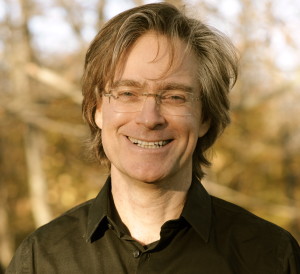 Dr. Marc Gafni is a leading public intellectual and teacher impacting the source code of global culture.
Dr. Marc Gafni is a leading public intellectual and teacher impacting the source code of global culture.
Gafni is a visionary thinker, social activist and passionate philosopher. He is known for his “source code teachings”, including Unique Self theory and the Five Selves, the Amorous Cosmos, A Politics of Evolutionary Love, A Return to Eros and Digital Intimacy.
He is author of twenty five books, of which the first ten have been published, including the award-winning Your Unique Self: The Radical Path to Personal Enlightenment.
He holds his doctorate in philosophy from Oxford University, as well as Orthodox rabbinic ordination.
He teaches on the cutting edge of philosophy in the West, helping to evolve a new ‘dharma’ or meta-theory of Integral meaning that is helping to re-shape key pivoting points in global consciousness and culture, with the aim of participating in the articulation of what Dr. Gafni together with Dr. Zak Stein and colleagues are calling CosmoErotic Humanism.
At the core of CosmoErotic Humanism is what Dr. Gafni and Dr. Stein are calling ‘First Principles and First Values’, Anthro-Ontology and a “Universal Grammar of Value”.
This is the ground of a new shared universe story and a new narrative of identity for the new human and the new humanity. This is what they are calling the emergence from Homo sapiens to Homo Amor.
This shared story rooted in First Principles and First Values can then serve as the matrix for a global ethos for a global civilization.
Gafni is considered by many to be a kind of Einstein of Philosophy who is leading a team of thinkers articulating a new vision of meaning for the world.
Dr. Gafni is the Co-Founder together with Ken Wilber and Sally Kempton of the Center for World Philosophy and Religion where he serves as its co-president. Together with Dr. Zak Stein, they are co-leading a team of thinkers, articulating a new vision of meaning for the world.
In 2014 Dr. Gafni co-initiated the Success 3.0 Summit and Rise Up movie, whose method and movement is to bring together key thought leaders and change-agents to collaboratively evolve a bold new Integral vision of Success, rooted in the entrepreneurial values of Wake Up, Grow Up, Show Up, and Outrageous Love.
Over the past 30 years, Dr. Gafni has developed evolutionary and activist programs rooted in his commitment to what he has termed “participating in the evolution of love.” Together with author and social innovator Barbara Marx Hubbard, he is working on a series of new works revolving around Evolutionary Spirituality.
Explore more:
Explore the Great Library:
Center for World Philosophy & Religion – Oral Essay Series → https://worldphilosophyandreligion.org/books/
Learn about the full Oral Essays series:
Complete Oral Essay Series → https://worldphilosophyandreligion.org/oral-essays-series-one-mountain-marc-gafni/
Dr. Marc Gafni Official Website:
https://marcgafni.com/
Center for World Philosophy and Religion:
https://worldphilosophyandreligion.org/
Free Weekly Broadcast with Dr. Marc Gafni:
https://www.onemountainmanypaths.org/
Join the community Who We Must Become:
https://who-we-must-become-3166d4.circle.so/
Free Unique Self Mini Course:
https://www.uniqueselfinstitute.com/the-unique-self-mini-course/
Formal refutations on controversy:
WhoIsMarcGafni.com
Social Media Dr. Marc Gafni:
Substack: https://substack.com/@marcgafni
Instagram: https://www.instagram.com/marcgafni/
YouTube: https://www.youtube.com/c/MarcGafni
Facebook: https://www.facebook.com/DrMarcGafni
Twitter:https://twitter.com/MarcGafni
LinkedIn: https://www.linkedin.com/in/drmarcgafni/
TikTok: https://www.tiktok.com/@drmarcgafni

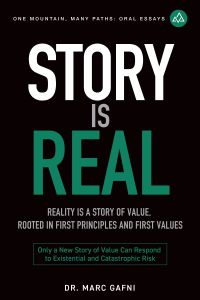
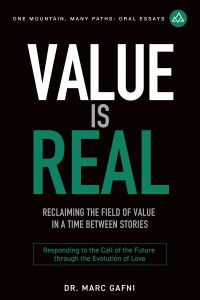
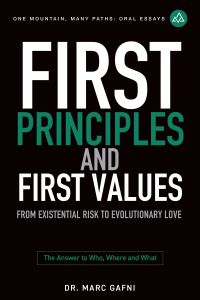
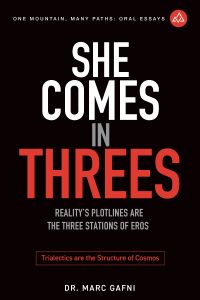
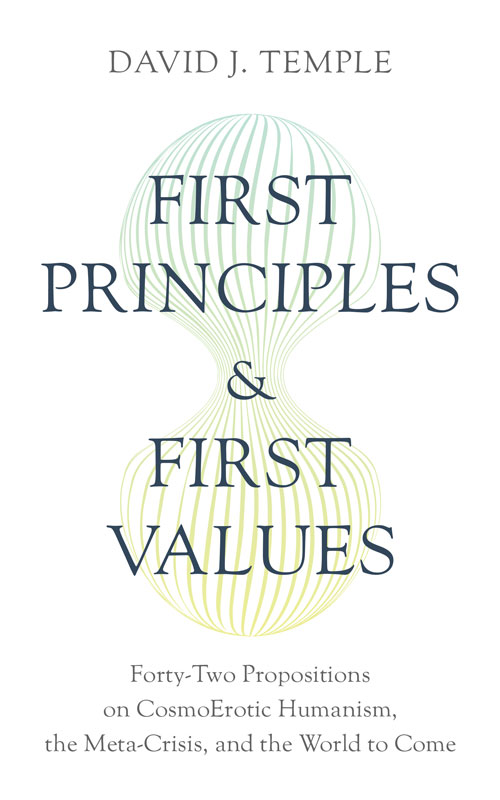
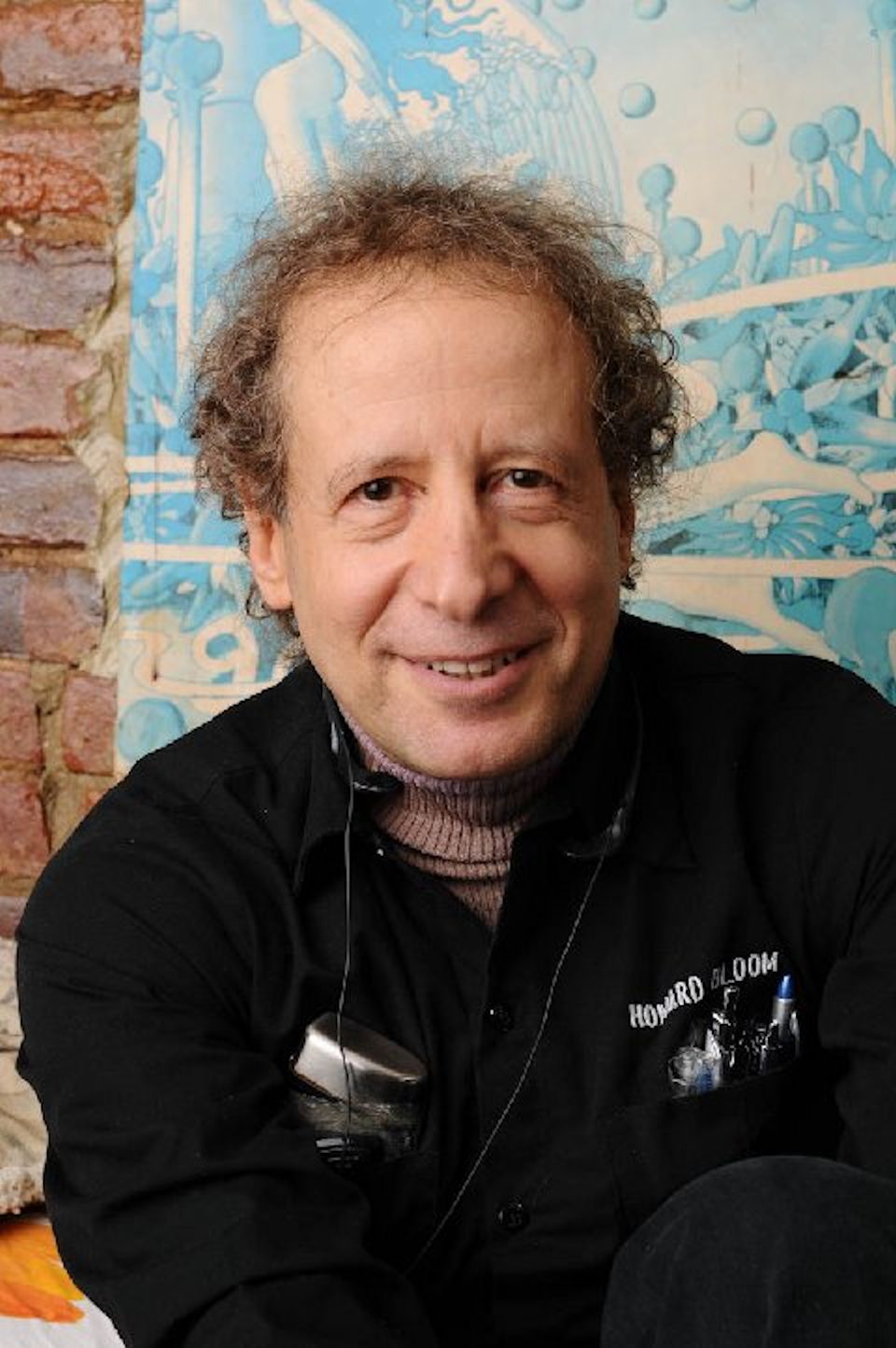 Forthcoming book: The Intimate Universe by Barbara Marx Hubbard and Dr. Marc Gafni
Forthcoming book: The Intimate Universe by Barbara Marx Hubbard and Dr. Marc Gafni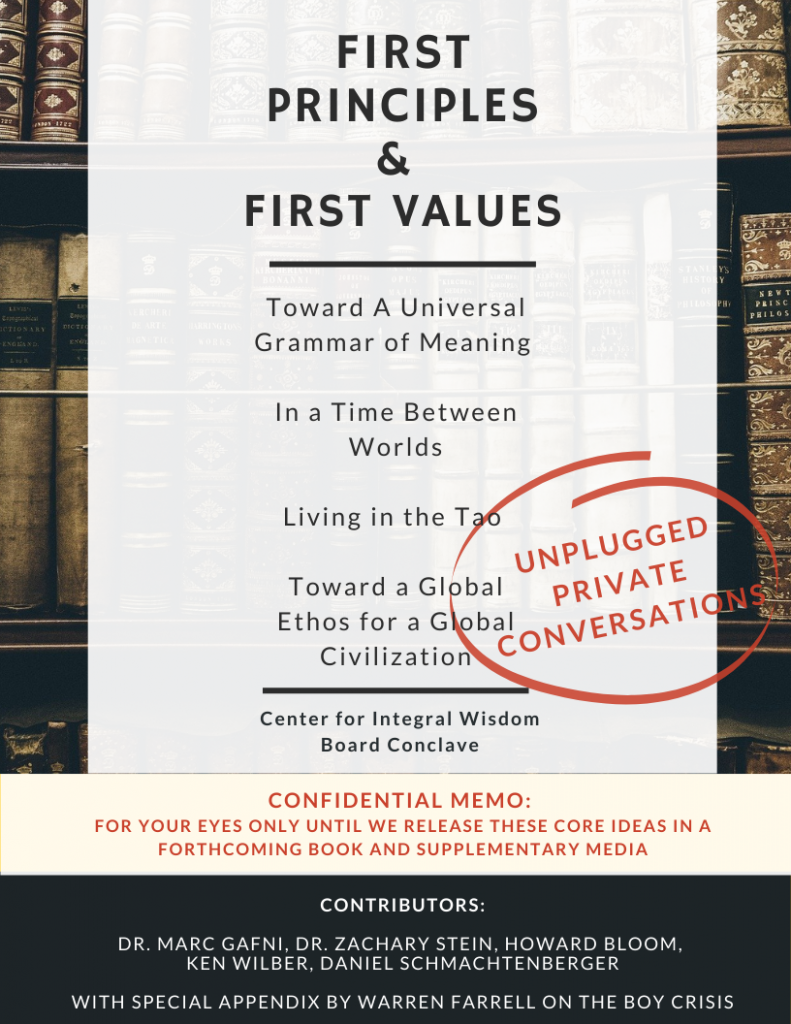
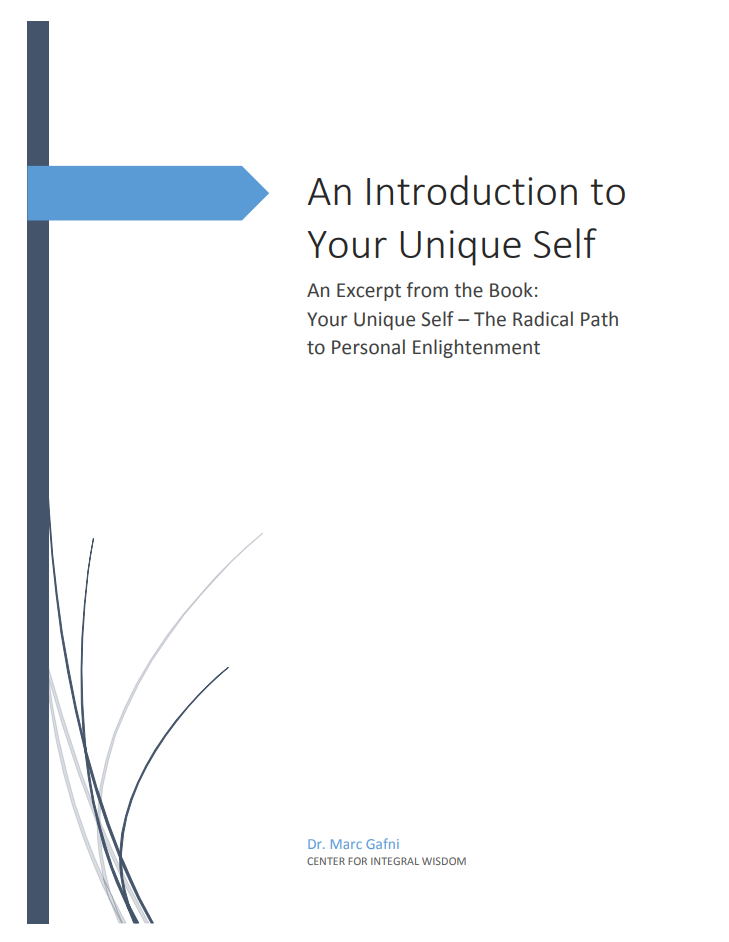
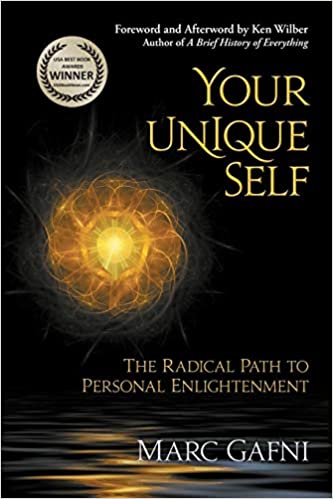
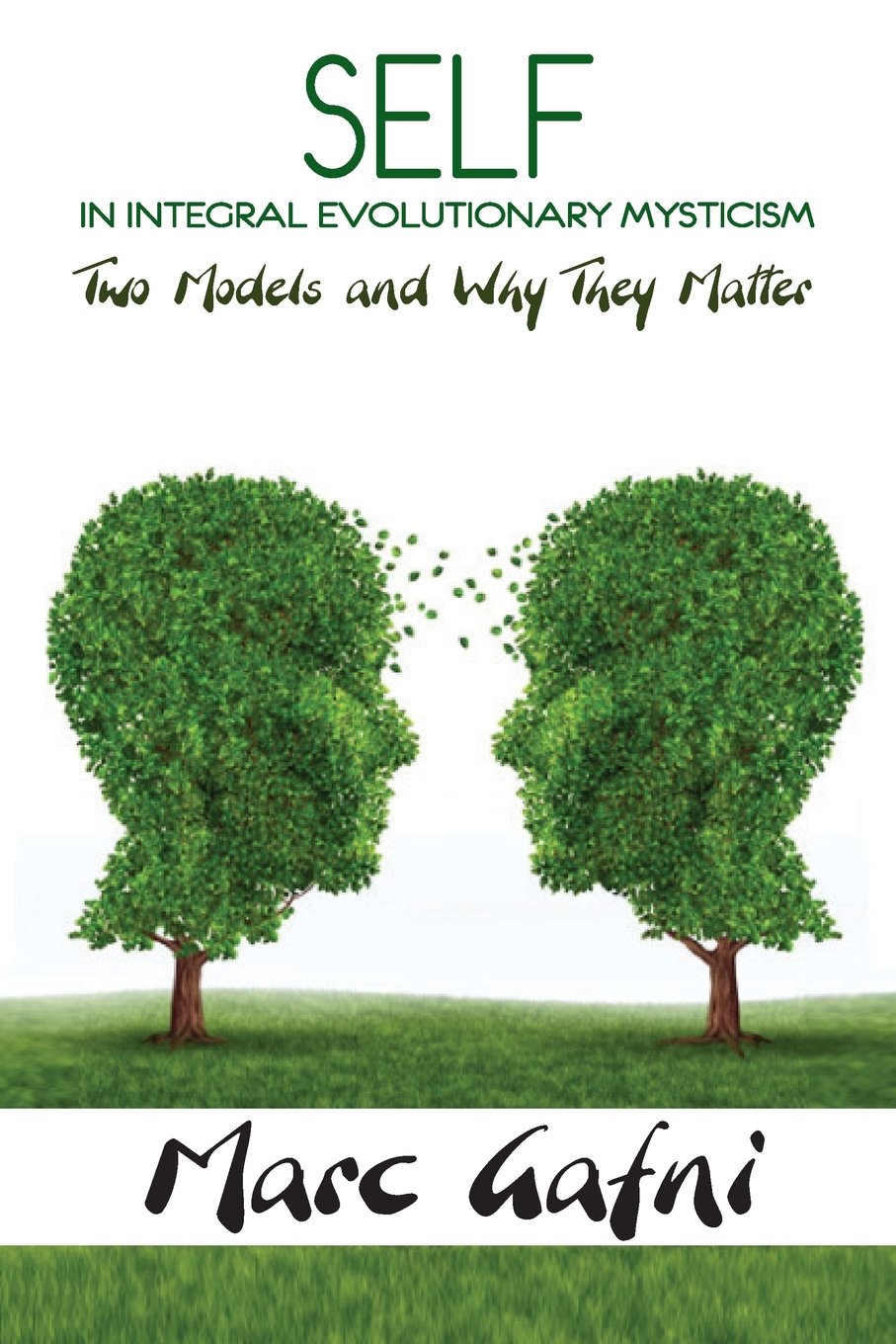

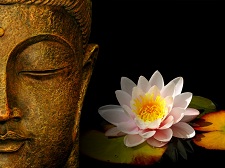 By
By